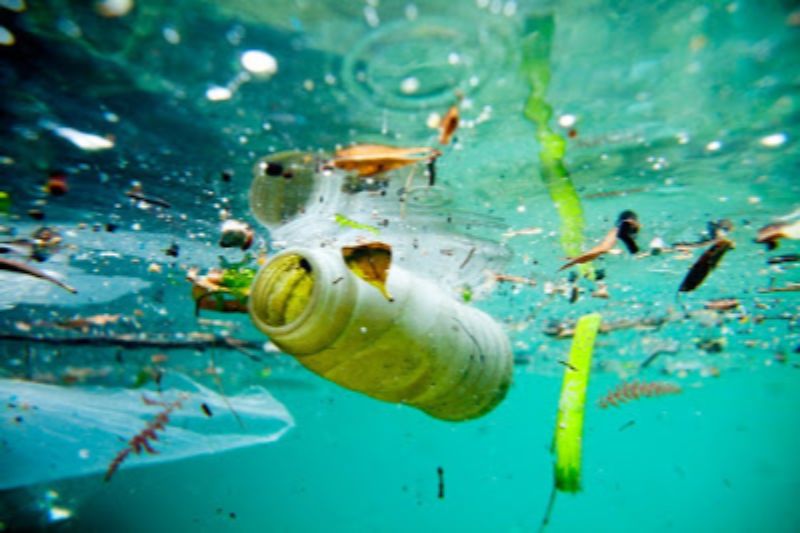Water is an essential natural resource that is required for human survival. However, due to anthropogenic activities, the quality of water is declining at an alarming rate. Water pollution has become a major global concern, and it has a significant impact on human health. In this article, we will explore the various ways in which water pollution affects human health.
Water pollution occurs when harmful substances, such as chemicals, microorganisms, and other pollutants, are introduced into water bodies. These pollutants can come from various sources such as industrial waste, agricultural runoff, sewage discharge, and oil spills. When these pollutants enter water bodies, they can have adverse effects on the health of humans who consume contaminated water or come into contact with it.
One of the most significant impacts of water pollution on human health is the spread of waterborne diseases. Contaminated water can contain a variety of pathogenic microorganisms such as bacteria, viruses, and parasites. When humans consume or come into contact with these microorganisms, they can cause a range of illnesses such as diarrhea, cholera, typhoid fever, and hepatitis A. These diseases are particularly prevalent in developing countries, where access to clean water is limited.
Water pollution can also have a long-term impact on human health. Exposure to certain pollutants such as heavy metals, pesticides, and chemicals has been linked to the development of various chronic diseases such as cancer, kidney damage, and liver damage. These pollutants can accumulate in the body over time and can have a cumulative effect, leading to long-term health problems.
In addition to causing health problems, water pollution can also have a significant economic impact. In areas where access to clean water is limited, people may have to spend a significant portion of their income on healthcare costs, which can lead to a cycle of poverty. In addition, polluted water can lead to the loss of jobs in industries such as fishing and tourism, which rely on clean water.
The impact of water pollution on human health is not limited to the consumption of contaminated water. Pollution can also affect air quality, as pollutants can be released into the air from water bodies. For example, algae blooms, which are caused by high levels of nutrients in water bodies, can release toxins into the air, causing respiratory problems in humans who inhale the toxins.
Preventing water pollution is essential to protecting human health. Governments can play a vital role in preventing water pollution by enforcing regulations on industries and implementing wastewater treatment systems. Individuals can also take steps to prevent water pollution by properly disposing of hazardous waste and conserving water. In addition, the use of eco-friendly products and reducing the use of pesticides and fertilizers can also help to prevent water pollution.
In conclusion, water pollution has a significant impact on human health. It can lead to the spread of waterborne diseases, chronic illnesses, and respiratory problems. It can also have a significant economic impact on communities. Preventing water pollution is essential to protecting human health and ensuring access to clean water for future generations. By taking steps to prevent water pollution, we can ensure that our water resources are protected and that humans can live healthy, productive lives.

